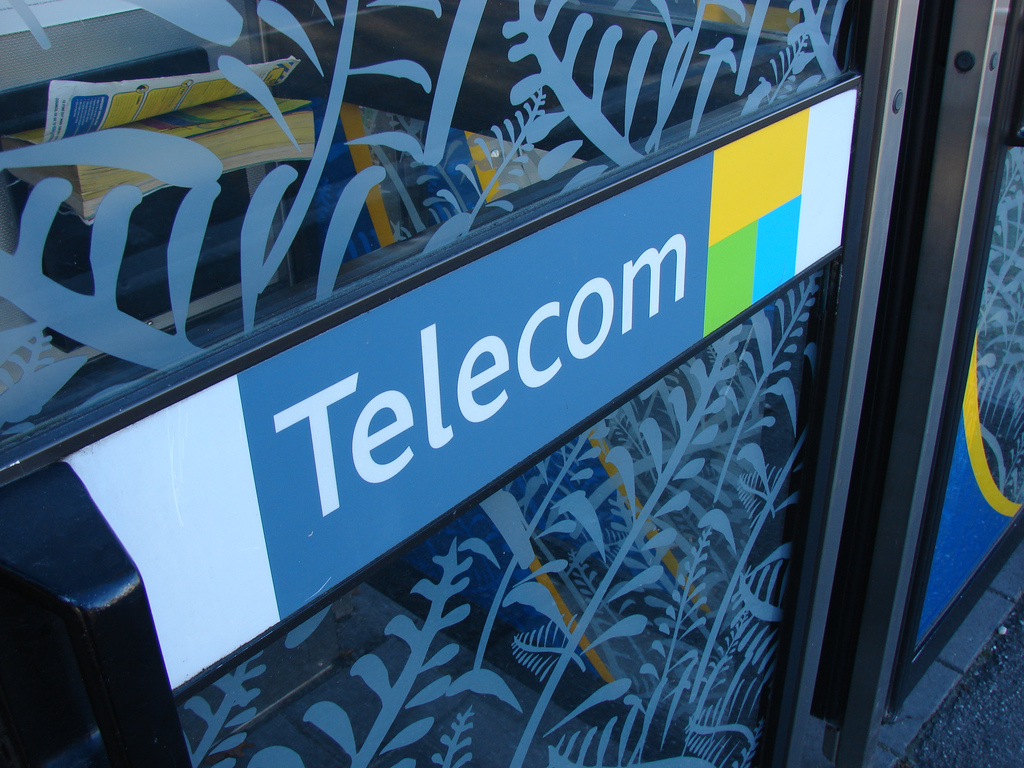The Internet Infrastructure Coalition, which features key players from across the Internet infrastructure industry including hosting and cloud service providers, domain registries, domain registrars, data centers, payment processors, and software developers, has filed a submission with the CRTC strongly opposing the Bell coalition website blocking plan. The coalition features a who’s who of some of the Internet’s biggest names: Google, Amazon, GoDaddy, and Verisign. There is also a notable Canadian presence including Tucows, Tuangru, and CogecoPeer1 (the inclusion of CogecoPeer1, which is owned by Cogeco Communications, is particularly interesting since Cogeco Connexion, a fellow subsidiary, is a member of the site blocking coalition).

Telecom by yum9me (CC BY-NC-ND 2.0) https://flic.kr/p/53jSy4
Telecom
Back to You Minister Bains: CRTC Rejects Mandated MVNO System (Again)
The CRTC has released its much-anticipated re-consideration ruling on how regional and smaller wireless companies access wholesale roaming services from larger providers. By sending a previous CRTC decision back to the Commission for re-consideration, Innovation, Science and Economic Development Minister Navdeep Bains signalled the government’s hope that the competitiveness problems in the Canadian wireless sector – consumers still pay some of the highest rates in the world – could be addressed through mandating access for new competitors on a wholesale basis. The Commission reviewed its earlier decision and basically said thanks, but no thanks, keeping the key policy elements unchanged.
Outlier, Part 2: What is the CBC Doing Supporting Website Blocking?
The Bell coalition website blocking proposal, dubbed FairPlay, clearly started with Bell: it first raised the issue in September at a House of Commons committee hearing, obtained the legal opinion to support the application (it is addressed to Bell), and used a closely allied law firm to draft the application. The coalition follows a familiar narrative, much like the “Fair for Canada” campaign in 2013 that was designed to convince Canadians that keeping foreign competitors such as Verizon out of the country was in their best interest.
The coalition features representation from several sectors (as noted yesterday, the leadership of telecom companies is an outlier when compared with other countries), but one participant in particular stands out. The CBC, Canada’s public broadcaster, has said its decision to join the coalition was a question of principle, reflecting its opposition to piracy. Yet the issue is not opposition to piracy, but rather whether the proposed coalition solution that includes blocking without court orders, violation of net neutrality principles, risks of over-blocking, and vulnerability on human rights norms run counter to other principles that ought to be held by a public broadcaster.
Outlier: Why Bell’s Leadership on Website Blocking Places It at Odds With Telecom Companies Around the World
The Bell website blocking coalition has consistently argued their plan is similar to those found in other countries that have permitted website blocking. As I detailed in my lengthy series on the proposal, it is actually an outlier, since the absence of court orders for blocking puts it at odds with virtually every other country that insists on court orders as a matter of basic due process. The proposal is also a significant outlier in another important respect, however. In most countries, telecommunication providers oppose website blocking, consistent with longstanding and widely held views that they should act as neutral intermediaries that provide carriage rather than play a proactive role of blocking access to online content.
Dialling Up the Bell Lobbying Playbook: Production Company Website Blocking Submissions Using Identical Script
With just over a week left in the CRTC’s comment period on the Bell coalition website blocking proposal, the Commission has now received thousands of comments with the vast majority opposing the plan. While supporters of the site blocking approach have dismissed the opposition, Bell’s tactics in drumming up support deserves further examination. Last month, I blogged about its astroturfing campaign, which involved encouraging employees to submit comments without any reference to the need to disclose their corporate affiliation.
In addition to the internal efforts, Bell has clearly reached out to others with template language that can be used for submissions. Some customize their submissions, but many simply copy the supplied language verbatim.











